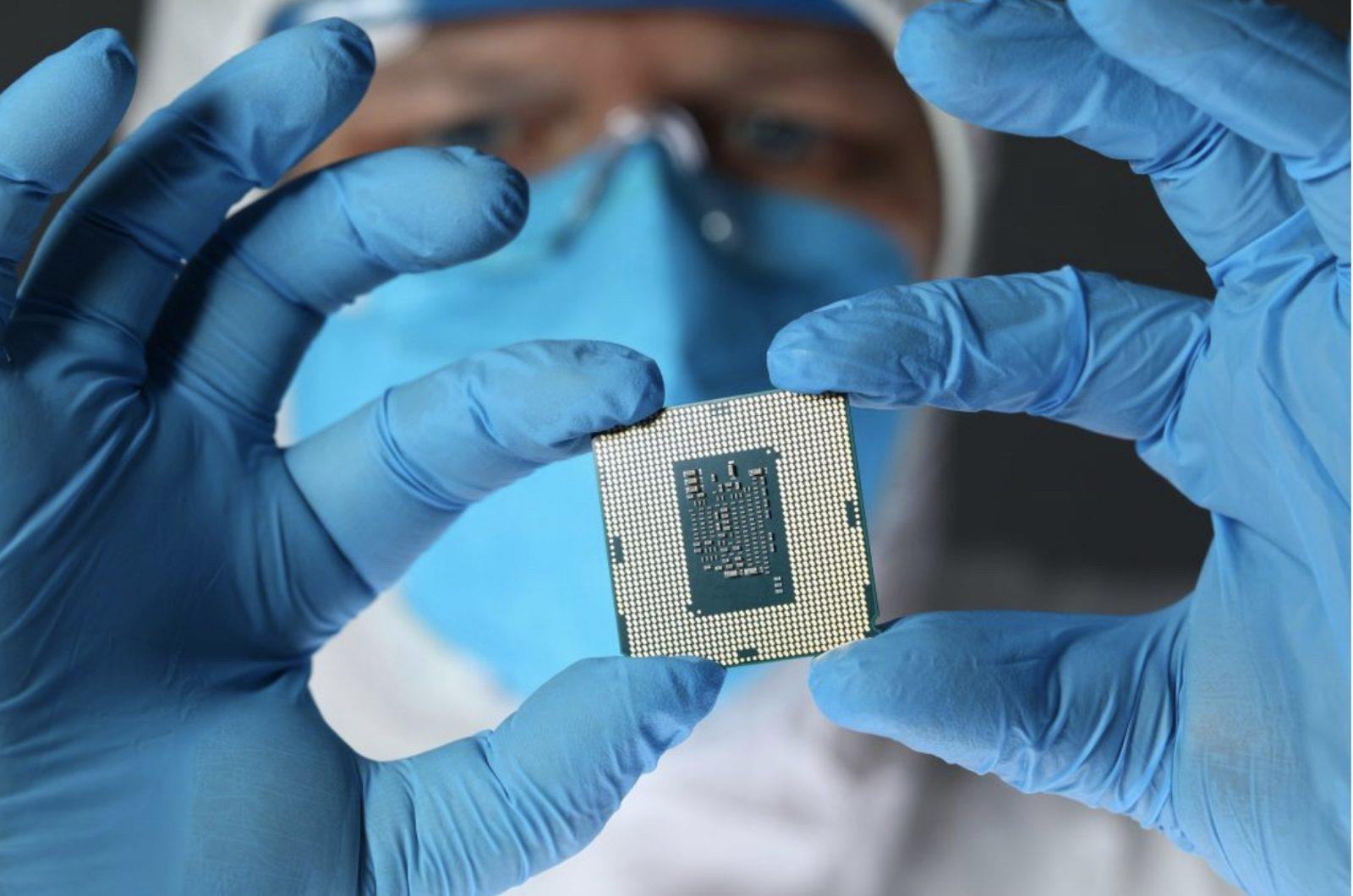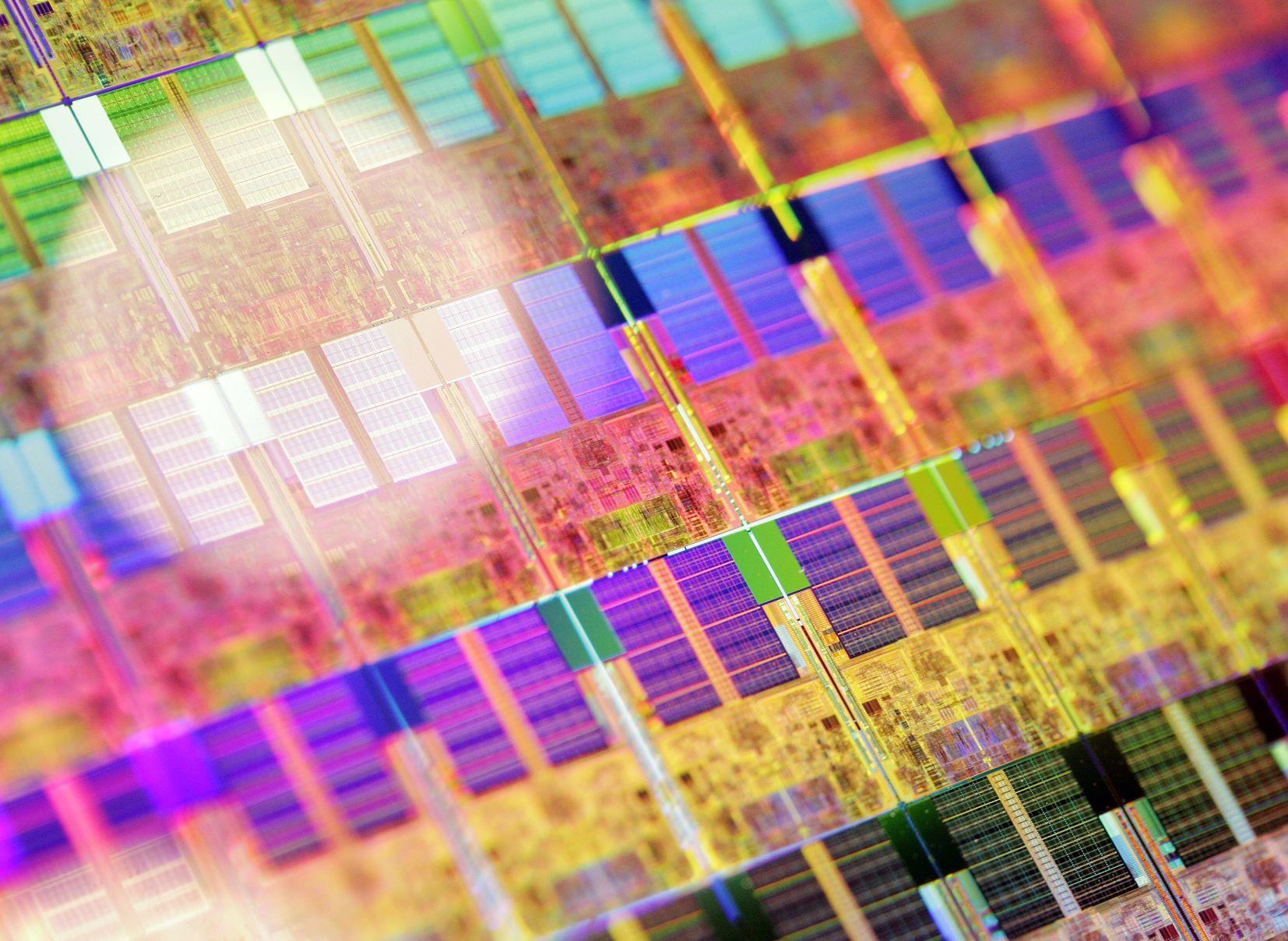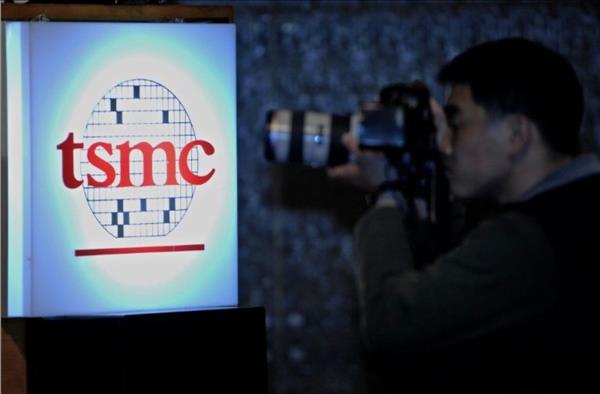
Taiwan to safeguard chipmakers from China espionage
Taiwan Premier Su Tseng-Chang on Monday called for the swift passage of laws carrying heavy punishments to deter China from stealing Taiwan's critical microchip technology.
The Taiwan Semiconductor Manufacturing Co (TSMC) is the world's largest contract manufacturer of advanced microchips, with the US$550 billion company controlling more than half the global market for made-to-order microchips and as much as 90% for more advanced chips, by some estimates.
TSMC, along with Samsung Electronics, are the only two firms capable of producing 3-nanometer microchips, which are 15% faster and consume less power than current models.
Notably, Taiwan's chip industry also plays a critical role in the US defense industry, as chips manufactured there are critical components for US jet fighters and ballistic missile defense systems.
One of China's objectives in potentially seizing Taiwan would be to take control of its sophisticated microchip technology and factories, apart from national reunification and securing open access to the Pacific Ocean.
Minister Su warned that China was changing its methods to infiltrate Taiwan and steal its prized microchip technology.
He called on the Ministry of Justice and Legislative Yuan to ensure that proposals made in February this year to amend Taiwan's National Security Act and Cross-Strait Act include economic espionage as a crime, and that it is passed as soon as possible.
Taiwan's Executive Yuan said the proposed amendments were aimed at preventing China or others from stealing critical core technologies and trade secrets, as well as enhancing the protection of Taiwan's high-tech industries and core interests.

China has launched a path to become more self-reliant in semiconductor production. Image: Twitter
These amendments would penalize offenders with a maximum of 12 years in prison and a fine from NT$5 million to NT$100 million (US$174,400 to US$3.4 million).
He also called on law enforcement agencies to work together to crack down and investigate such cases. He said Taiwan's Mainland Affairs Council should raise penalties against Chinese firms masquerading as Taiwanese ones to poach talent and technology.
This month, Taiwan's Investigation Bureau launched probes into 100 Chinese companies suspected of illegally poaching Taiwan's semiconductor engineers and other tech talent. The probes come on top of seven prosecutions last year and include 27 firms that have been raided or whose owners have been questioned by the bureau.
Last month, the bureau conducted its largest operation to date, raiding eight companies to counter“the Chinese Communist Party's illegal activities of talent-poaching and secret-stealing.”
Despite China's formidable manufacturing prowess, manufacturing high-end microchips remains out of its reach . Chinese chip companies primarily sell discrete semiconductors, lower-end logic chips and analog chips to consumer, communications and industrial end markets, while being notably absent in the market for high-end logic, advanced analog and leading-edge memory products.
China's semiconductor industry also lags in advanced logic foundry production, electronic design automation (EDA) tools, chip design intellectual property, semiconductor manufacturing equipment and semiconductor materials.
Advanced chipmaking technologies remain firmly with the US and its allies. The US has a virtual monopoly on the sensitive technologies used to make advanced chips. Up to 80% of the market in chipmaking design and processes such as etching, ion implantation, electrochemical deposition, wafer inspection and design software are held by US companies.
One such technology is extreme ultraviolet chip lithography (EUV) , which is critical for the manufacture of the most advanced chips. Unlike traditional lithography machines which use lenses to project chip patterns on silicon wafers, EUV machines use mirrors to accomplish the task, thereby allowing more sophisticated chip patterns to be printed on an ever-smaller nanoscopic scale.
Companies such as Apple, Intel and IBM have stated that EUV technology is critical for their plans and products.

A silicon wafer. Amid the China-US trade war, chips are suddenly high-risk, high-stakes components. Photo: AFP
In addition, EUV technology is spread out on a knowledge base across the US and its allies. EUV lithography machines are made in the Netherlands using German optics and hardware from the US, while Japan supplies the photomasks and key chemicals for the process.
Despite these challenges, China's share of the global chip market has now surpassed Taiwan for two consecutive years in 2020, capturing 9% of the global semiconductor market, and closely trailing the EU and Japan, which each have a 10% share of the global semiconductor market.
If China continues its current growth rate, it could soon capture 17% of the global semiconductor market, putting it behind only South Korea and the US, some analysts estimate.
This year, China's semiconductor industry received another boost when the State Council published its 14th Five Year Plan on the Digital Economy, which aims to enhance basic research capabilities in strategic sectors, improve self-sufficiency and strengthen supply chain security in key industries like semiconductors.

Legal Disclaimer:
MENAFN provides the
information “as is” without warranty of any kind. We do not accept
any responsibility or liability for the accuracy, content, images,
videos, licenses, completeness, legality, or reliability of the information
contained in this article. If you have any complaints or copyright
issues related to this article, kindly contact the provider above.


















Comments
No comment